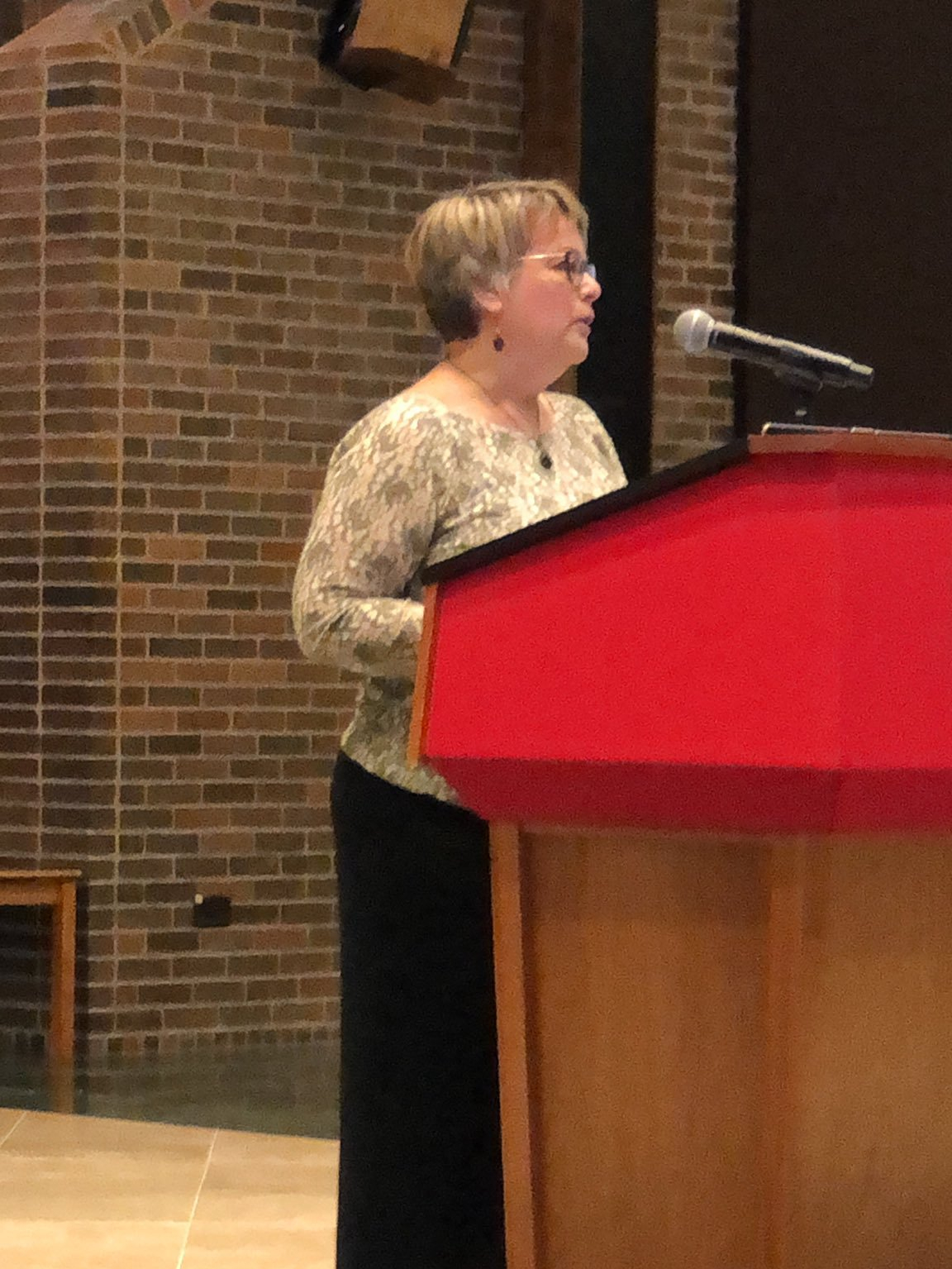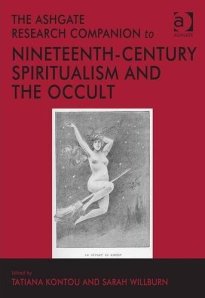
Dr. Karen Macfarlane was an invited speaker at the 15th International Gothic Association conference, which was held at Lewis University in Romeoville, Illinois from July 30 to August 2. She presented a keynote address, “Where Have All the Monsters Gone?” on July 31st.
Dr. Macfarlane explains the topic of her presentation:
Monsters are undergoing an identity crisis in twenty-first century popular culture. In this paper, I explored the layered and problematic rethinking of the monstrous in contemporary Gothic and horror. Where there were once creatures that terrified and preyed and menaced there are now lovers who sparkle, victims, saviours and, sometimes, just everyday people with slightly odd proclivities. Because the monster has functioned traditionally as a sort of barometer for the fears and anxieties that plague a culture, warning of potential transgressions and allowing a cathartic removal of threats to social order through conflicts with human protagonists, the disappearance of the truly monstrous seems to be a particularly troubling trend. Without them, how can a culture imaginatively identify and work through threats to its world view? In this talk I argued that the disappearance of the traditional monster might be evidence of the ways in which neoliberal social practice works to limit political and collective action through an apparently benign discourse of “sameness” that denies the value of difference, specific historical and cultural experiences in the name of “equality” and obscures the fact that operations of power are systemic. As many critics have noted, “sameness” almost inevitably means “mainstream” (that is, “white”) in the contexts in which it is used. To be equal is to conform to mainstream definitions of identity. By looking at the ways in which monsters have been “mainstreamed”, I explore the possibility that with all of the monsters safely relegated to the spaces of human-like sameness, they are unable to warn us of the threat of those imperatives of individualism, competition, and conformity and that true monster is the one that absorbed and silenced all of the others; the one that is too big to see and that threatens to devour us all as we speak.

photos: Dr. Jason Haslam @JazzlamHazzlam







